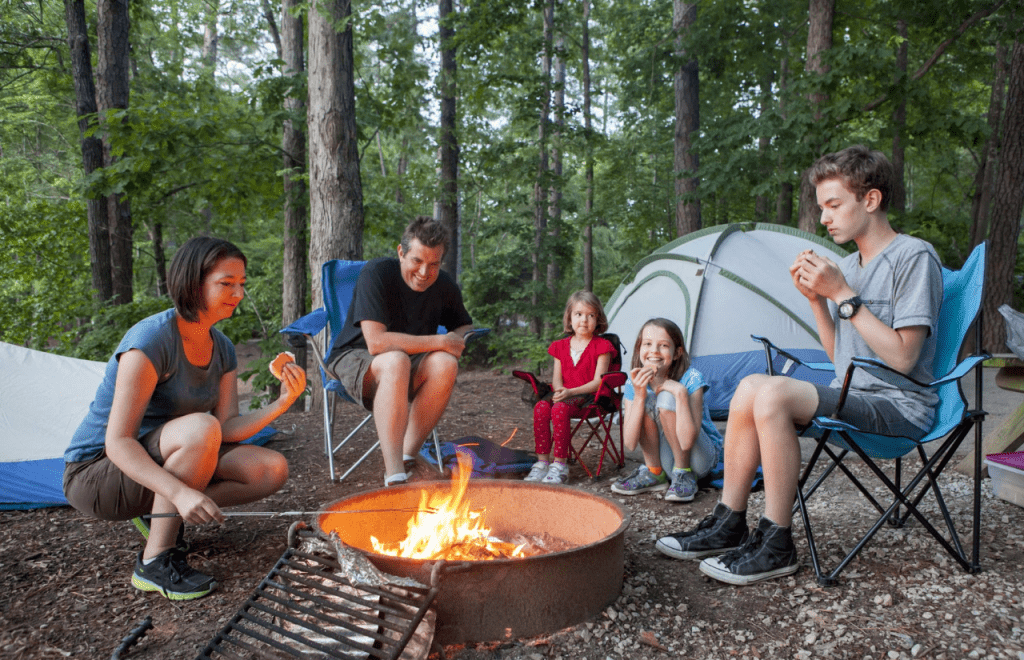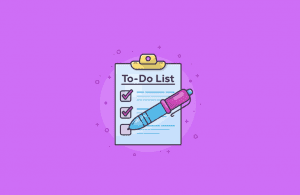Family camping trips can be an exciting and enjoyable experience for every one in the family.
It’s an opportunity to spend quality time with your loved ones without the distraction of electronics or work.
It offers a chance to appreciate and explore the great outdoors. From hiking, bird watching, to exploring new landscapes, camping offers a variety of quality family time. Setting up the campsite, cooking meals, or solving problems that come up requires teamwork. These shared tasks and experiences can bring the family closer together (or a bit further apart, depending on how it goes on the day).
The kids might not like hearing this, but camping can be educational! It’s a chance to learn new skills like setting up a tent, starting a fire, cooking outdoors, and navigating with a map or compass.
Preparing for your family camping trip
Choose the Right Site
Do some research on the place you plan to camp. Some campgrounds have amenities like restrooms, showers, and even Wi-Fi. Others are more primitive. Pick a site that suits your family’s comfort level.
Prepare a Checklist
This should include camping gear like a tent, sleeping bags, camping chairs, and cooking equipment. Don’t forget items like a first-aid kit, torches, map, compass, and insect repellent.
Plan Your Meals
Decide what you’ll eat on your trip. Bring easy-to-cook meals and snacks. You might need to bring a cooler for perishable food. Don’t forget water or a way to purify water if it’s not available at the site.
Check the Weather
The weather can drastically affect your camping experience. Pack clothes suitable for the forecasted weather. Always pack some rain gear just in case.
Plan Activities
Plan some activities to keep everyone entertained. This could include hiking, fishing, swimming, games, or crafts.
Pack for Safety
Include a first aid kit, whistle, multi-tool, and any necessary medications. If you’re camping in a remote location, consider bringing a satellite phone or some kind of emergency communication device.
Reserve Your Spot
Popular campgrounds can fill up quickly, especially during peak season. As soon as you know your dates, it’s a good idea to make a reservation.
What to take on your family camping trip
If your family is going on their first camping trip, it’s important to ensure that you have all the necessary equipment and supplies to make your stay comfortable and safe.
Here’s a basic checklist:
Shelter and Bedding:
- Tent: Ensure it is large enough to accommodate your family comfortably. Don’t forget the rainfly and ground cloth (tarp) if they’re not included.
- Sleeping bags: Choose ones suitable for the expected weather conditions.
- Air mattresses or sleeping pads: These provide additional comfort and insulation.
- Pillows: Inflatable pillows can save space.
- Extra blankets for colder nights.
Cooking and Eating Supplies:
- Portable stove or grill and fuel
- Cookware: Pots, pans, cooking utensils
- Plates, bowls, cups, and eating utensils
- Cooler for perishables
- Food and drinks: Preferably easy-to-cook or ready-to-eat meals
- Water and water purification tablets or a filter
- Marshmallows, graham crackers, and chocolate for s’mores (a camping classic!)
Clothing:
- Prepare for all types of weather. Pack warm clothing, rain gear, and extra socks.
- Swimsuits if there’s water access
- Sturdy shoes for hiking
- Wellies
Tools and Equipment:
- Multi-tool or swiss-army knife
- Headlamps and flashlights (don’t forget extra batteries)
- Camping chairs
- Table
- Fire starter or matches/lighter for campfire
- Bottle opener
Safety and Navigation:
- First-aid kit
- Map and compass or GPS
- Whistle
- Insect repellent
- Sunscreen
Entertainment:
- Outdoor games, board games, or cards
- Binoculars for bird watching
- Books or e-readers
Clean-up Supplies:
- Trash bags
- Biodegradable soap
- Quick-dry towels
- Paper towels
Personal Items:
- Toilet paper
- Toiletries (toothbrush, toothpaste, shampoo, etc.)
- Medications if needed
Remember, packing for a camping trip will largely depend on where you’re going, how long you’re staying, and what amenities are available. It’s also important to check the regulations of the site you’re visiting, as some locations have restrictions on things like campfires or types of food storage.




